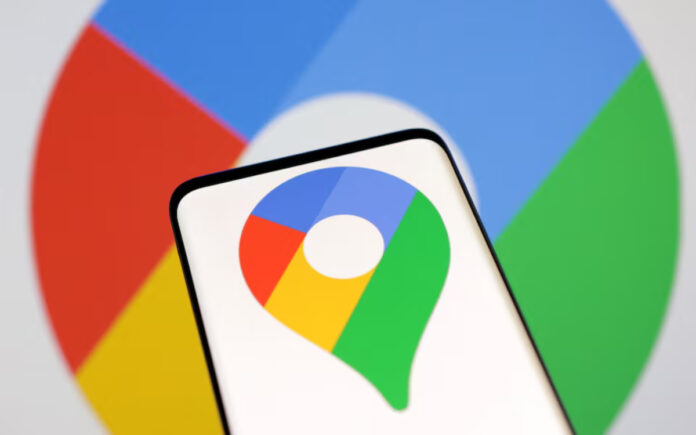New York: Google announced on Thursday a suite of features that integrate its artificial intelligence chatbot, Gemini, into its mapping applications, as part of Alphabet’s strategy to strengthen its position in the competitive AI landscape. Once seen as a leader in AI, Google aims to reclaim its status after facing increased competition from Microsoft-backed OpenAI and other rivals.
A standout among Google’s offerings, Google Maps has surpassed 2 billion monthly active users, a milestone highlighted by CEO Sundar Pichai during the company’s quarterly earnings report. Pichai noted that investments in AI are “paying off” and contributing significantly to the company’s revenue.
The latest update introduces a new category of search results capable of processing open-ended queries more effectively. For example, users can now ask, “What are fun things to do with friends at night in Boston?” or “What are some fun fall activities in Seattle?” Unlike previous versions that provided generic results, the updated Google Maps will deliver tailored recommendations, such as a curated list of speakeasies or live music venues instead of simply showcasing closed attractions.
Miriam Daniel, a vice president responsible for consumer experiences in Google Maps, explained that Gemini can understand context based on factors like the time of day or season. She emphasized, “It’s not just ‘What’s near me?’ It’s actually ‘What can I do tonight?'”
The AI-generated results will complement existing location listings rather than replace them, appearing either above or below traditional entries. Users can also query Gemini about specific places, allowing the AI to analyze and synthesize information from existing user reviews to provide accurate answers.
Also Read | Judge to Rule on Elon Musk’s $56 Billion Tesla Pay Package by Year-End
In response to criticism regarding inaccuracies in AI search results, including biased responses and erroneous information, Google has implemented measures to mitigate “hallucinations.” Gemini’s responses are cross-referenced with real-world data collected by Google to ensure reliability.
Also Read | Human Cases of Bird Flu Identified in Oregon, Tied to Poultry Workers from Washington
Additionally, Google unveiled new AI capabilities in tools like Google Earth and the navigation app Waze. These features include chatbots designed to assist developers and urban planners in analyzing geographic data more efficiently, as well as a voice reporting feature in Waze that allows drivers to report road incidents hands-free.



